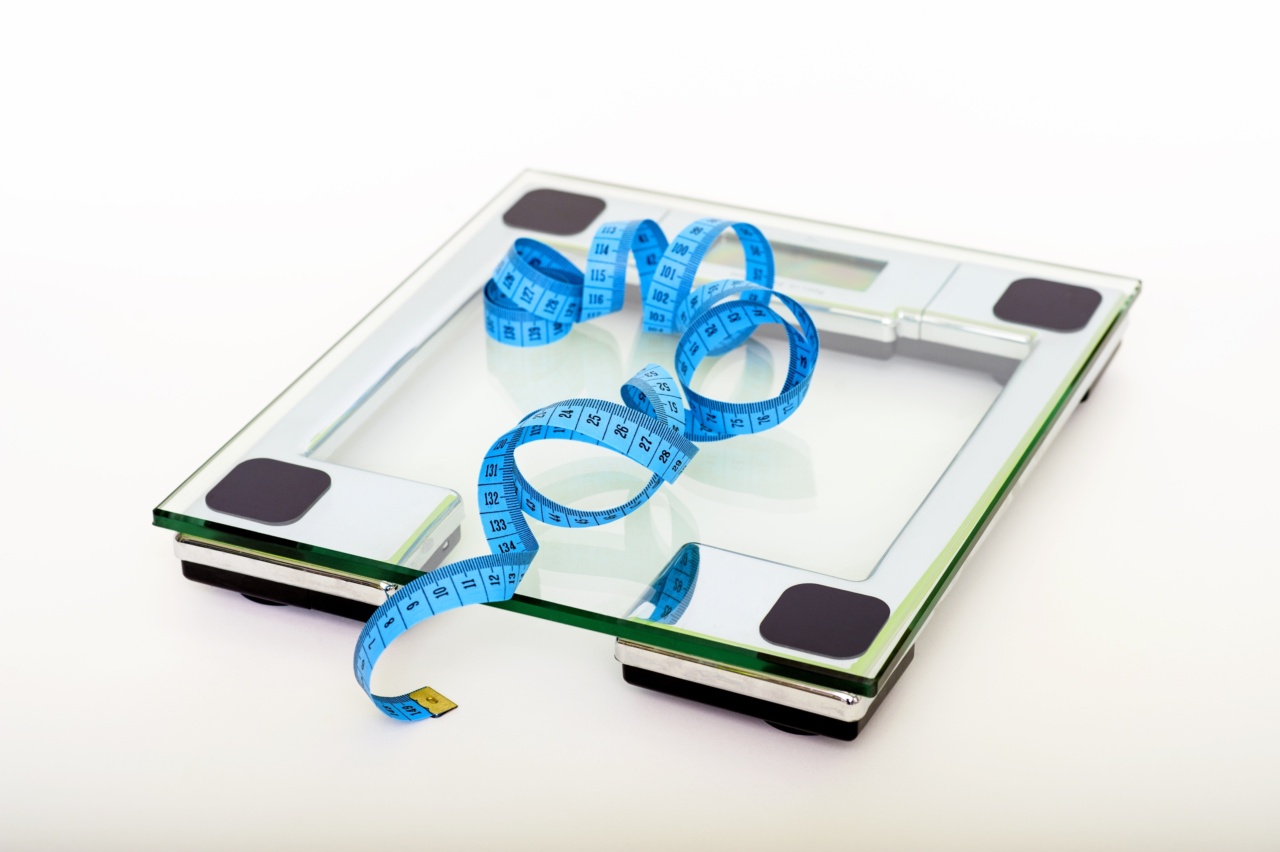Weight gain is a common concern for many people, and it can be frustrating when you are trying to maintain a healthy lifestyle.
While diet and lack of exercise are commonly blamed for weight gain, there are also surprising devices that may be contributing to those extra pounds. In this article, we will explore three unexpected culprits that may be sabotaging your weight loss efforts and offer tips on how to minimize their impact on your health.
1. Television
It’s no secret that spending excessive time in front of the television can lead to a sedentary lifestyle and weight gain. However, television can influence our eating habits as well.
Studies have shown that people tend to eat more when watching television, and they often reach for unhealthy snacks or fast food. This mindless eating can contribute to weight gain over time. To combat this, try to limit your television time and be mindful of what you eat while watching.
2. Smartphones
In the digital age, smartphones have become an essential part of our daily lives. However, excessive use of smartphones can have negative effects on our health, including weight gain.
Spending long hours scrolling through social media or playing games on your phone can lead to a sedentary lifestyle and decreased physical activity. Moreover, studies have shown that using smartphones while eating can lead to overeating and poor food choices. To prevent this, set aside designated screen-free times and establish healthier habits, such as taking regular breaks for physical activity.
3. Sleep Trackers
Sleep trackers have gained popularity as a way to monitor and improve sleep quality. While they can be helpful in understanding your sleep patterns, some individuals may develop an unhealthy obsession with tracking their sleep.
This obsession can lead to anxiety and stress, which may contribute to weight gain. Additionally, constantly focusing on sleep patterns can disrupt your natural sleep cycle, leading to inadequate rest and potential weight gain.
If you use a sleep tracker, it is important to prioritize overall well-being and not let it negatively impact your mental health or sleep quality.
Tips for Minimizing the Impact
Now that we have identified these surprising devices that contribute to weight gain, here are some tips for minimizing their impact on your health:.
1. Set Limits
Establish boundaries for your device usage. Set specific time limits for activities such as watching television or using your smartphone.
Be intentional about creating screen-free times for physical activity, socializing, or relaxation, reducing sedentary behavior, and promoting a more balanced lifestyle.
2. Practice Mindful Eating
Avoid mindless eating while using devices by being more mindful of your choices. Opt for healthy snacks and meals instead of reaching for unhealthy processed foods. Eat at a table without distractions to fully appreciate and savor your food.
This can help prevent overeating and promote healthier eating habits.
3. Prioritize Physical Activity
Regular physical activity is crucial for maintaining a healthy weight. Make it a priority to incorporate exercise into your routine. Consider taking breaks during device use to stretch, go for a walk, or engage in other physical activities.
These small lifestyle changes can have a significant impact on your overall health and weight management.
4. Focus on Quality Sleep
While it’s essential to ensure that you get enough sleep, avoid obsessing over tracking devices and striving for perfection. Create a relaxing bedtime routine and establish a consistent sleep schedule.
Create a sleep-friendly environment by minimizing device usage before bed, keeping your bedroom dark and cool, and avoiding caffeine and stimulating activities close to bedtime.
5. Find Alternative Activities
Replace excessive device usage with alternative activities that promote physical and mental well-being. Explore new hobbies, spend time in nature, read a book, or engage in social activities.
Finding healthier alternatives to excessive device usage can help reduce sedentary behavior and support your weight loss goals.
Conclusion
While diet and exercise remain critical factors in maintaining a healthy weight, it’s important to consider the impact of surprising devices on your overall health.
By being mindful of your device usage, setting limits, practicing mindful eating, prioritizing physical activity, and focusing on quality sleep, you can minimize their contribution to weight gain and work towards achieving your weight loss goals.






























